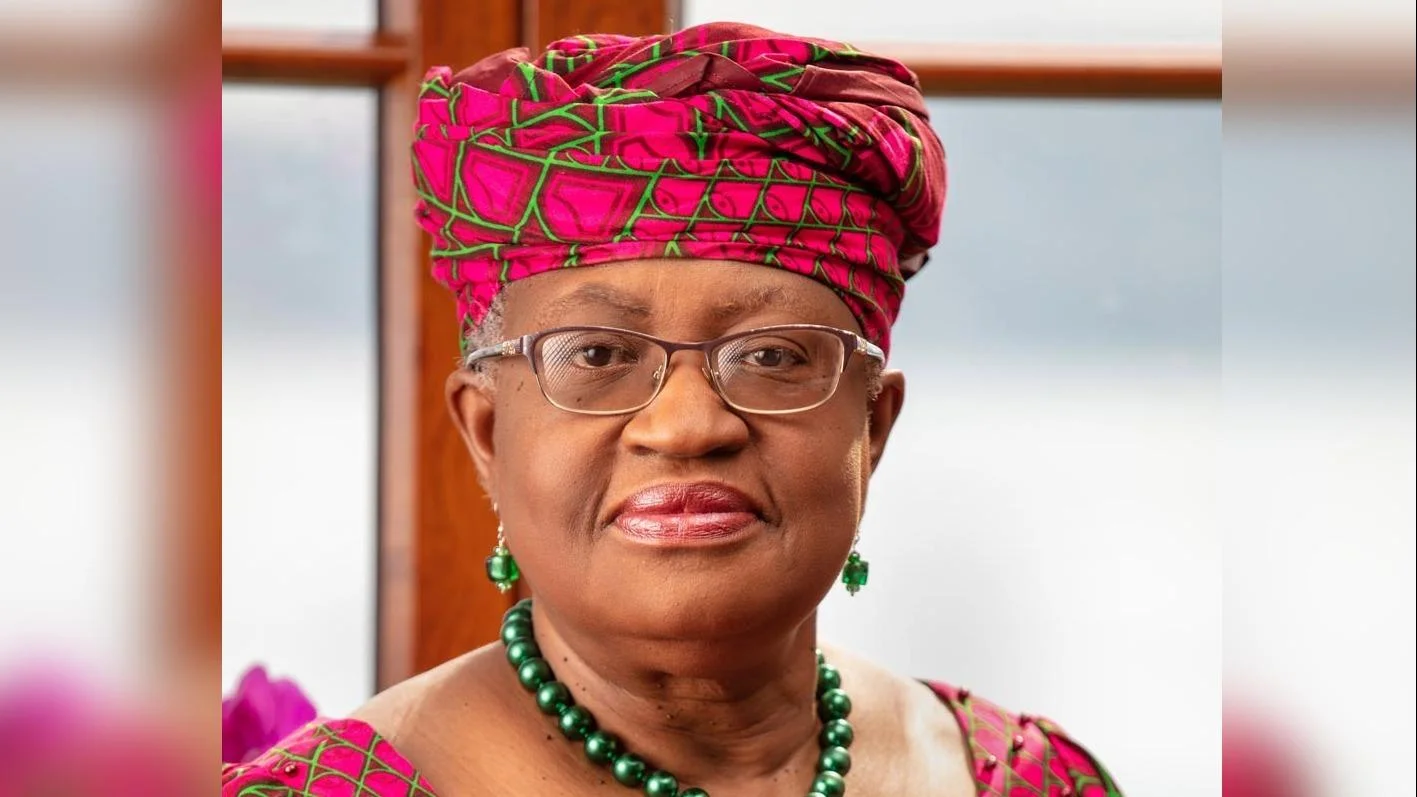Participants received extensive training from experts in the WTO and from the Asia-Pacific region, including from SUIBE. The programme aimed to deepen understanding of the WTO's work, its agreements, and their relevance to trade policy in the Asia-Pacific region. The course also sought to strengthen participants' ability to tackle WTO-related issues by improving their awareness of WTO resources, including WTO legal texts.
In a video message at the closing ceremony, Bridget Chilala, Director of the WTO's Institute for Training and Technical Cooperation (ITTC), expressed gratitude to SUIBE's academic team and the Chinese government for their support. She congratulated the participants on completing the course and encouraged them to continue honing their skills by making use of the WTO's capacity-building programmes. “WTO technical assistance training programmes are designed to ensure participants develop their skills through a progressive learning approach,” she explained.
In his remarks, SUIBE President Rongming Wang called on participants to draw on the skills gained from the training to engage more intensively in strengthening the multilateral trading system. “SUIBE is willing to make concerted efforts with you to jointly promote the work of the WTO and its significant role in improving global economic governance and enhancing globalization and the world economy’s prosperity and stability,” he told the audience.
Changtian Han, Deputy Director General of the Department of WTO Affairs at China's Ministry of Commerce, and an alumnus of the WTO's Trade Policy Course, emphasized China's dedication to bolstering the WTO's technical assistance efforts. He underlined China's willingness to aid the WTO Secretariat in expanding these activities within China.
On completing the course, Khine Myat, Assistant Director at Myanmar's Ministry of Commerce, expressed confidence in applying the knowledge gained. “I am positive that the experience I have gained will make me more proficient in my responsibilities,” she said.
Another course participant, Zolzaya Dorjtsoo, First Secretary at Mongolia's Ministry of Foreign Affairs, said: “I have acquired the skills necessary to formulate and evaluate trade policies while improving my grasp of various tools and instruments available to policymakers.”

